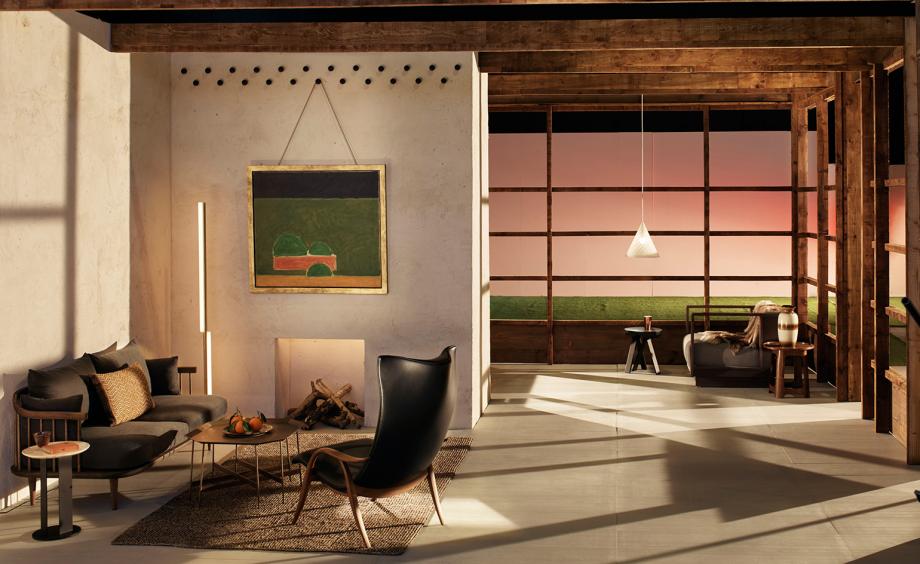
Lifestyle /
It’s not just you that needs to unplug when you’re on holiday. Make sure all of your electrical devices and appliances are unplugged, too. This includes everything from your blender, kettle, microwave, oven and coffee machine in the kitchen to your TV and computer. Appliances make up 40% of household electricity consumption and they’ll use up energy even if they’re not in use.
Thermostats are particularly convenient for when you’re not at home. On most models, eco-mode will maintain a steady temperature while using very little fuel. They can sense when no one is at home and turn the temperature down completely too.

Your fridge is probably one of the only appliances that shouldn’t be switched off while you’re away. Do a sweep of your fridge to ensure anything that won’t get eaten before you leave can be saved. Freeze what you can, make a packed meal or snack for your journey, or cook with the ingredients and freeze the meal so that you’ll have something hearty and homemade to come back to. If you’ll be leaving your fridge virtually empty, consider reducing its power by adjusting the refrigerator and freezer temperature dials – this will minimise its energy consumption.
Programmable smart home technologies enable you to monitor your energy usage so that you can be more conscious of your consumption habits. Home automation has been found to reduce energy consumption and carbon emissions by 13% so it’s definitely worth considering as an investment for yourself and the planet. Home automation includes things like smart thermostats (such as Nest) which allow you to control your heating and hot water from your phone, as well as occupancy sensors and window shading – all helpful tools to make your home more sustainable.
This isn’t just for security purposes. It will also prevent draughts and heat loss, as well keeping your home safe and secure, of course. Keep curtains and blinds closed too – they are great insulators and trap the heat in during the winter, while keeping it out in the summer. Pulling them shut will also prevent sun damage to your furniture, wooden floors or art. If you’re worried about your home looking empty for a prolonged period of time, try leaving just a few of the curtains or blinds open, ask a neighbour to check in, or put chosen lights on timers to give the illusion that someone is at home.
Switching off your water supply at the mains will prevent any leaks or water damage while you’re away. You can do this easily without any professional plumbing experience by just turning the stopcock valve to the closed position. It’s usually found just beneath your kitchen sink, in an airing cupboard or under a staircase if you have one.

If you’re going away during the summer, you probably won’t need your boiler for central heating, and you can turn the water heating setting right down before you leave too. If travelling during colder winter months, ensure that you don’t turn the boiler off completely as this could lead to frozen pipes. In this case, program your central heating to turn on for an hour or two daily – this will still make a considerable difference.
Easy to manage plants might tolerate a few days without watering or misting, and if you’re going away for a quick staycation or long weekend, a thorough watering right before you leave should be fine. Any longer though, and you could come home to a few casualties. Clever self-watering devices are a great option. They tend to have built-in reservoir systems and are perfect for plants that need moisture year-round. Moving any indoor potted plants into a cool, shady spot will help them to maintain hydration and prevent them from drying out too much too.